The Number One New Netflix Series Is Religious Programming
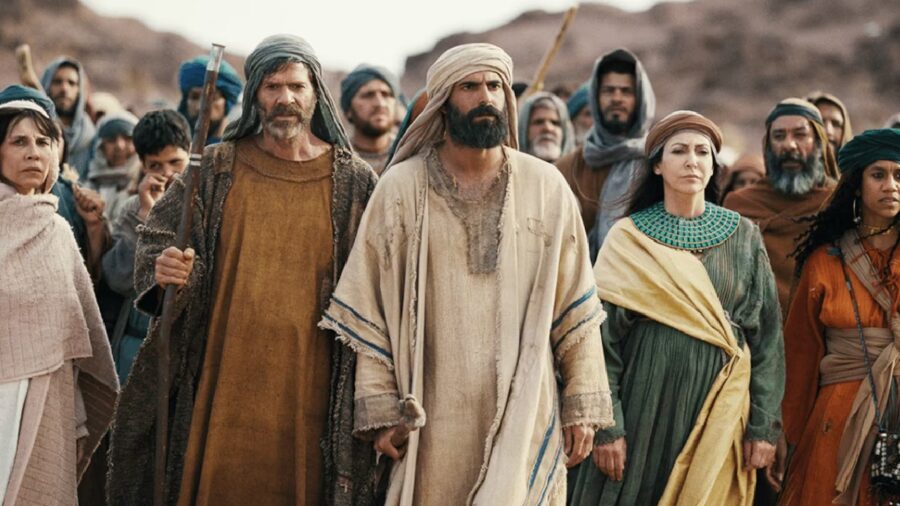
Former Netflix co-CEO Reed Hastings commented in the past that Netflix’s biggest competition wasn’t Disney or HBO. It was sleep. In this context, it’s easy to understand would commission the three-episode series, Testament: The Story of Moses. It’s a docuseries streaming as a form of edutainment, and it has reached number one on the streaming app in most countries around the world.
Reaching Out To A Younger Generation
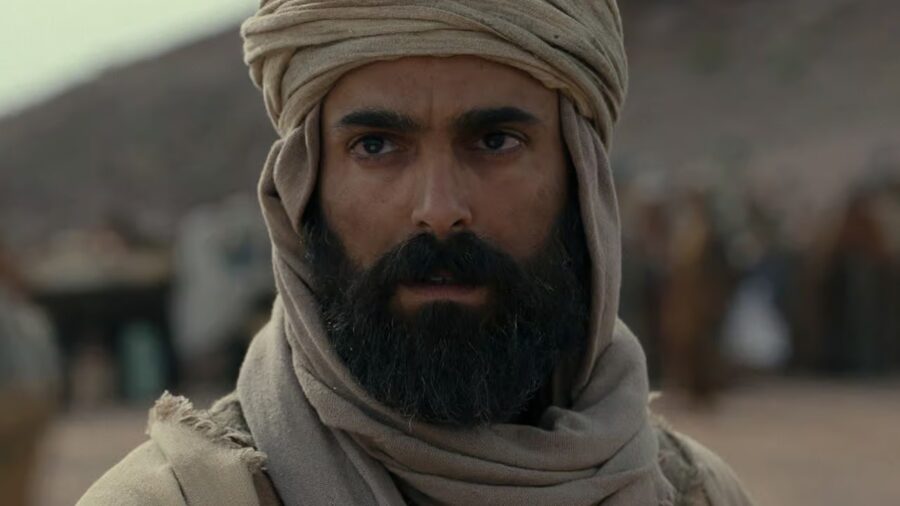
The question seems to be, “Why pick up a book, or a Bible, when you can just watch a four-hour series and get the gist?”
With today’s young viewers preferring video to almost anything else (I’m looking at you, TikTok), it makes sense for Netflix to stream all kinds of entertainment, including educational programming, and, yes, that includes religious programming, which is exactly what Testament is.
The Story Of Moses

There’s nothing new under the sun here. The first of the three episodes of Testament: The Story of Moses opens with the birth of the iconic figure to Jochebed, a Hebrew slave in Egypt. When the mandate was handed down by Pharaoh to kill all newborn sons, we see Jochebed set Moses into the river in a basket, and the wife of Pharaoh, Tuya, finds him and claims him as her own.
Moses grows up in the palace alongside Tuya’s other children, including the future Pharoah, Ramses II. Steeped in privilege, Moses always feels out of place, and while he loves his adoptive family, he eventually leaves to wander the desert and become a simple shepherd, settling down to marry and have children.
Reenactments And Expert Interviews
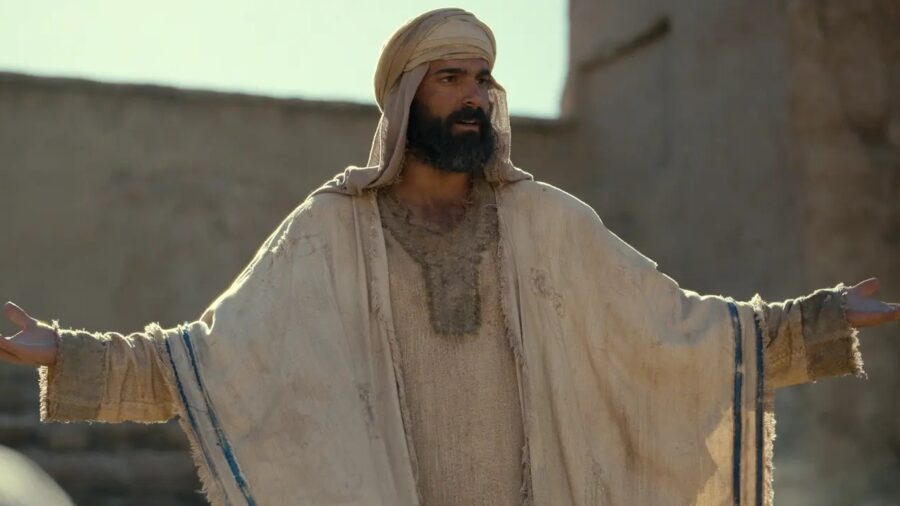
The Netflix docuseries delivers this story in two ways. First, we watch a reenactment of the events in chronological order, just like we would any other streaming series. Second, we get interruptions at regular intervals that include interviews by prominent religious figures and historians from diverse backgrounds. Netflix is careful to warn us that these testimonies do not provide consensus but are instead meant to create a richer narrative.
Commentary Puts Moses In A Modern Context
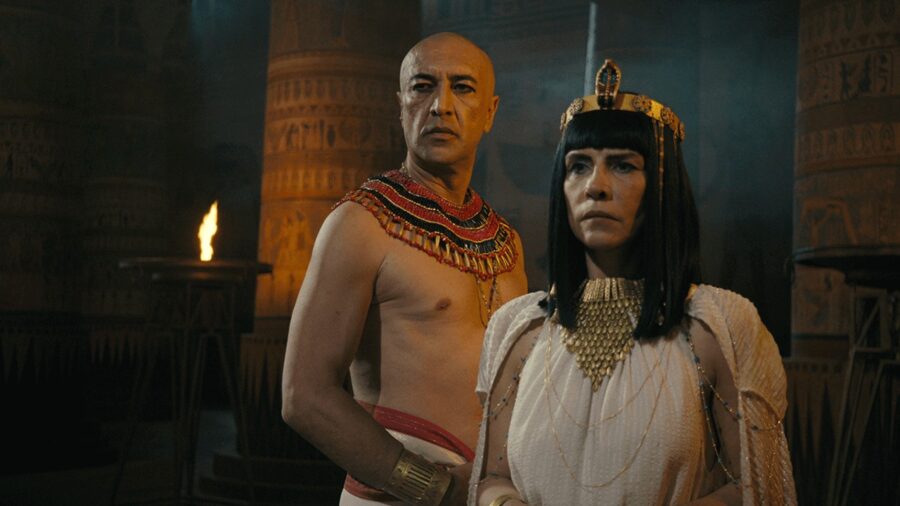
Indeed, the commentary is very current, with one biographer noting the powerful role of women in the story of Moses, including all the midwives who refused to kill the newborn babies or the others who stood in support of Moses on his journey. Netflix gives us a modern revolutionary story based on civil disobedience and female empowerment in the form of an Old Testament story originally centered around three men — Moses, Pharaoh, and God.
Culminates With The Ten Commandments
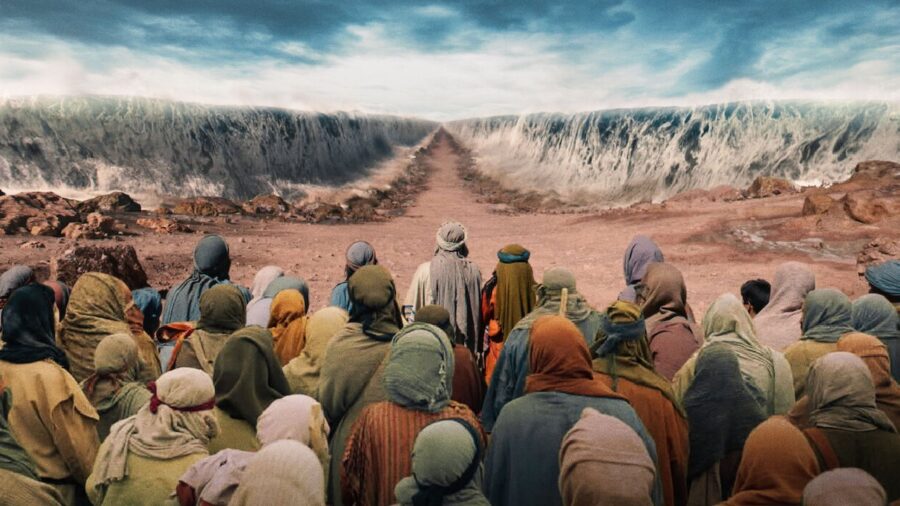
The second episode of this Netflix series depicts Moses and Pharaoh fighting over the enslavement of the Hebrews, complete with the deliverance of the Ten Plagues and the chase across the parting Red Sea. Finally, in the third episode, we watch Moses lead his people to the promised land and receive the Ten Commandments.
Story Of Moses Is Foundational To Multiple Religions
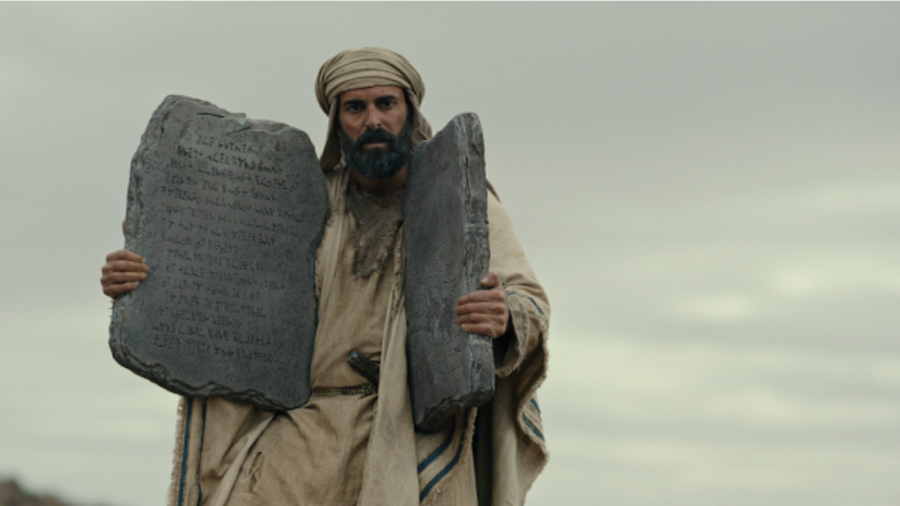
Directed and co-written by Benjamin Ross, the story comes across as not too preachy but clearly aimed at entertaining and educating the already converted. After all, the world currently holds hundreds of millions of people of Jewish, Christian, or Islamic faith, and the story of Moses is foundational to each of these religions.
A Mixed Reception
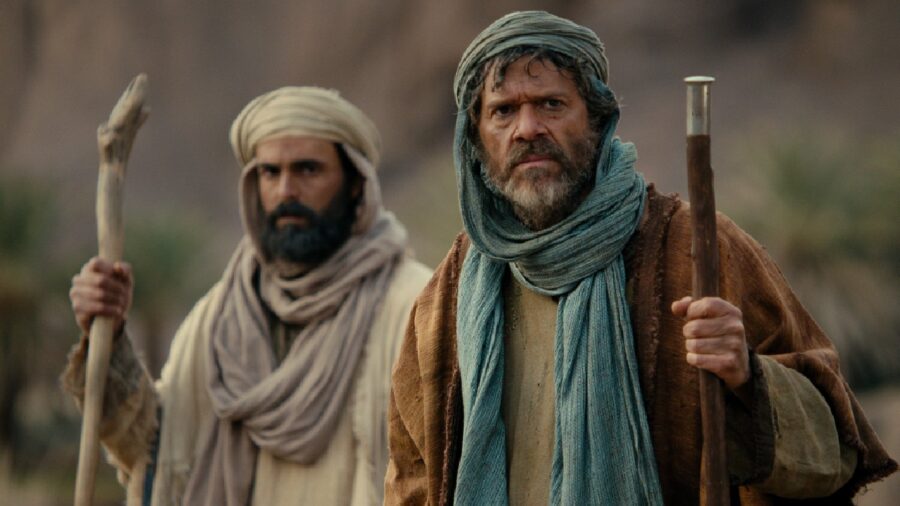
If you’ve read your Bible, you’re unlikely to learn anything new, but it might be fun to watch a reenactment of a “tale as old as time.” If you’re not religious, it still might be interesting to get a bit of Biblical history under your belt. While the series itself is number one on Netflix, the critical reviews are mixed, with a 5.9/10 on IMDB and a 2.9 on Google reviews. Audiences on Rotten Tomatoes have given this show a 50 percent, but Netflix viewers have given it a 79 percent, so it’s really a mixed bag.
Like with Alexander: The Making of a God, there’s nothing to rave about, and there’s nothing really to complain about. Whether or not you enjoy this show will likely come down to your own personal perspective on the subject matter.












